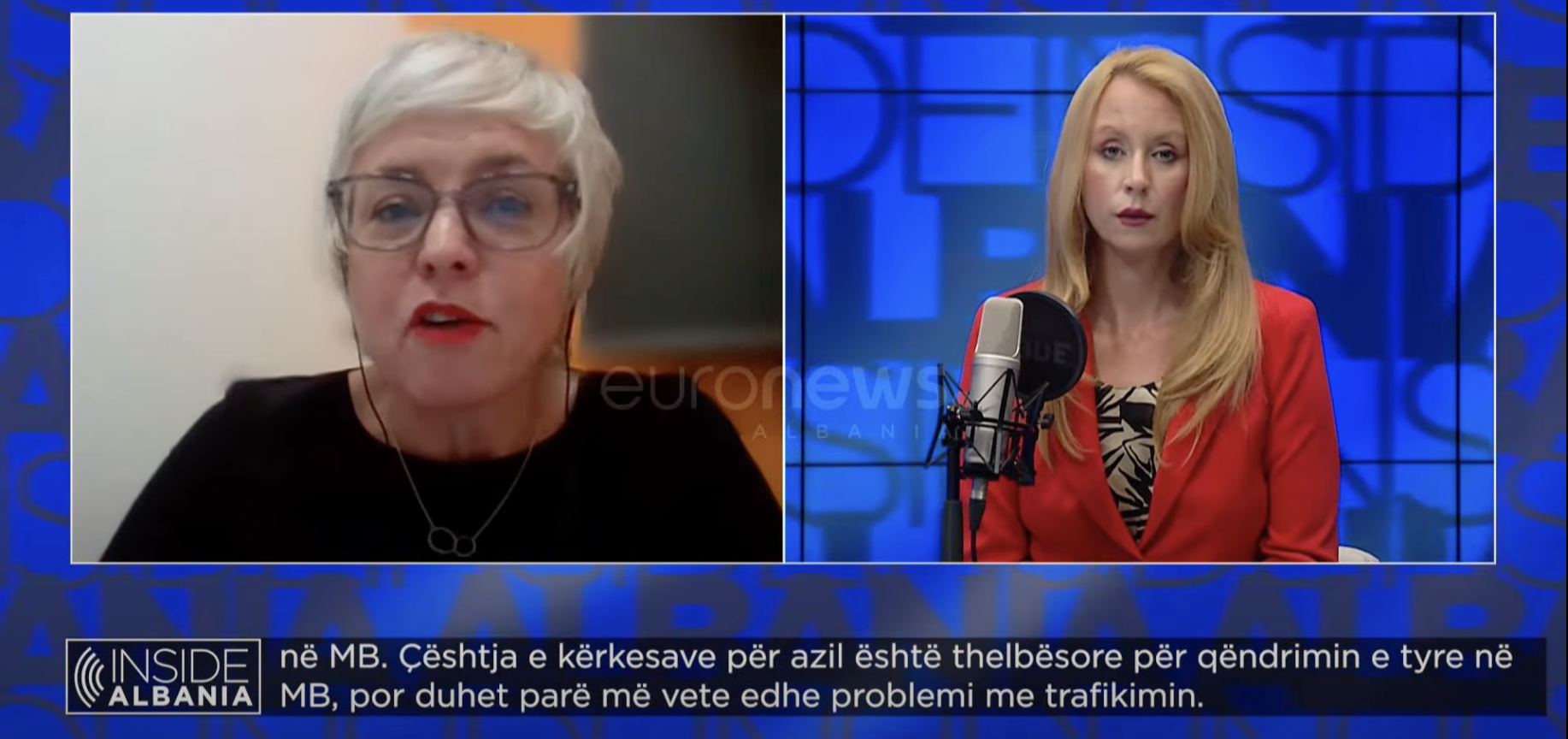Over the past year, the influx of Albanian asylum seekers to the UK has caused widespread outrage and fueled media and parliamentary debates. While this issue has garnered significant attention, one aspect that demands urgent consideration is the alarming number of children who have gone missing from UK asylum hotels during the processing of their asylum claims.
Recent revelations have indicated that over 400 children, including 176 Albanian minors, have disappeared from these hotels. The failure to locate and protect these vulnerable children has raised serious concerns about their welfare and the efficacy of government measures. In this article, we delve into the interviews of various experts and activists to shed light on the crisis and its underlying causes.
Unanswered Questions and Legal Action
During an episode of Inside Albania, Conservative MP Tim Loughton defended the situation by emphasizing that many missing children were older teenagers who had chosen to leave the hotels. He admitted the government’s lack of knowledge regarding their whereabouts and failed to provide any information on efforts to find them. He also claimed that no children were being kept in such hotels anymore and instead were being put in foster care at great expense to the British public.
However, just days later, it was discovered that a Brighton hotel, from which 136 children had vanished previously, would be reopened to accommodate more young asylum seekers. This development prompted legal action by the charity ECPAT UK, challenging the Home Office’s authority to place unaccompanied children in asylum hotels. The NGO also highlighted issues of emotional abuse, human trafficking, and neglect of basic needs in these establishments.
The Obligations of the British Government
Patricia Durr the CEO of ECPAT UK, discussed the obligations of the British government toward underage asylum seekers. She emphasized that under domestic law, every child in the UK should be treated as a child first and foremost, with a focus on their protection and care. The Children Act of 1989 outlines the responsibility of local authorities to assess and provide for the needs of children in their care. However, the current practice of placing children directly into hotels, without proper assessment and placement by social workers, is a violation of their rights and hinders their well-being.
Understanding the High Number of Missing Albanian Children
The disproportionate number of missing Albanian children raises concerns about human trafficking and exploitation. Patricia acknowledged the need to investigate each child’s specific situation rather than making assumptions.
She highlighted the risk of children being trafficked within the UK, with intelligence suggesting that some have been found in other parts of the country, exploited by criminals. Dismissing the notion that older teenagers leaving voluntarily are safe from such risks, she emphasized that any child who goes missing remains at great risk, regardless of age or gender.
The Reality of Human Trafficking in Albania
Sister Imelda Poole, president of Mary Ward Loreto NGO, shed light on the trafficking situation in Albania. She pointed out that Albanian laws lack comprehensive provisions against human trafficking, creating challenges for lawyers and victim support.
She highlighted the struggle faced by trafficking victims upon return to Albania, including the difficulty of reintegration with families due to cultural stigma and the lack of support services. The risks of re-trafficking and homelessness further compound the vulnerability of these individuals.
Freelance journalist Benedict Spence offered a broader perspective on the UK’s migration challenges. He noted that while the government claims to address illegal migration, there is an underlying pro-migration stance. The issue lies in the public’s perception of fairness and concerns about criminal gangs exploiting the system.
Spence highlighted the need for Albania to tackle its human trafficking problem and emphasized the importance of providing care and protection for children, even if they arrived irregularly.
The issue of missing children in UK asylum hotels, particularly Albanian minors, highlights the urgent need for comprehensive reforms and targeted efforts to protect vulnerable individuals. It is crucial for the British government to uphold its obligations under national laws and international conventions, ensuring the well-being and safety of all children seeking asylum. Simultaneously, Albania must address its shortcomings in combating human trafficking and provide necessary support for victims. The complex nature of the crisis demands increased investment in child protection services and collaboration between governments, NGOs, and international organizations to prevent further harm and exploitation.
Follow The Balkanista!


